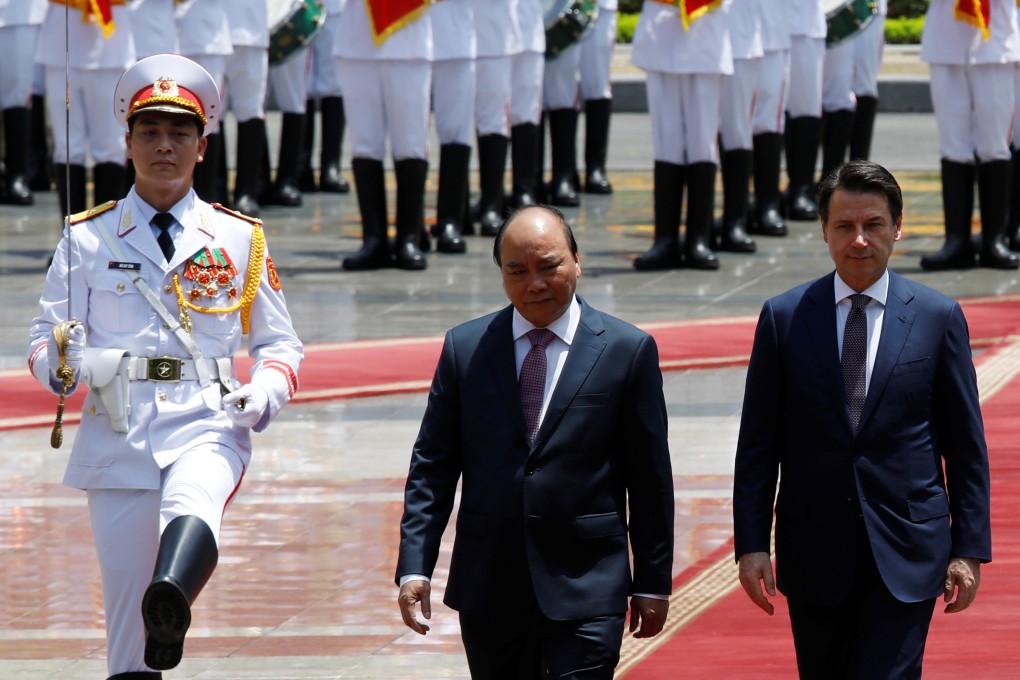Vietnam calls for peace and non-proliferation as it is elected to replace Kuwait as new UN Security Council member
- Deputy Foreign Minister Le Hoai Trung said the country hoped to bring its experience dealing with the aftermath of conflict to the council

Vietnam on Friday was elected to replace outgoing Kuwait to serve on the UN Security Council as a non-permanent member for the Asia-Pacific seat beginning next year and stressed the importance of pursuing its policies of peace and non-proliferation after suffering in the aftermath of war.
“As Vietnam went through decades of war, we hope that we can bring to the council the experience of Vietnam, the country that has been able to rebuild the country after the war and deal with many other issues after the war,” Deputy Foreign Minister Le Hoai Trung told reporters after the election was held in the General Assembly hall.
The Security Council is charged with the maintenance of international peace and security.
Hanoi was endorsed by 192 out of 193 member states in a secret ballot.
Leading up to the elections, Vietnam campaigned on key issues such as promoting preventive diplomacy, which put the Southeast nation on the map when it hosted the second summit between US President Donald Trump and North Korean leader Kim Jong-un.
